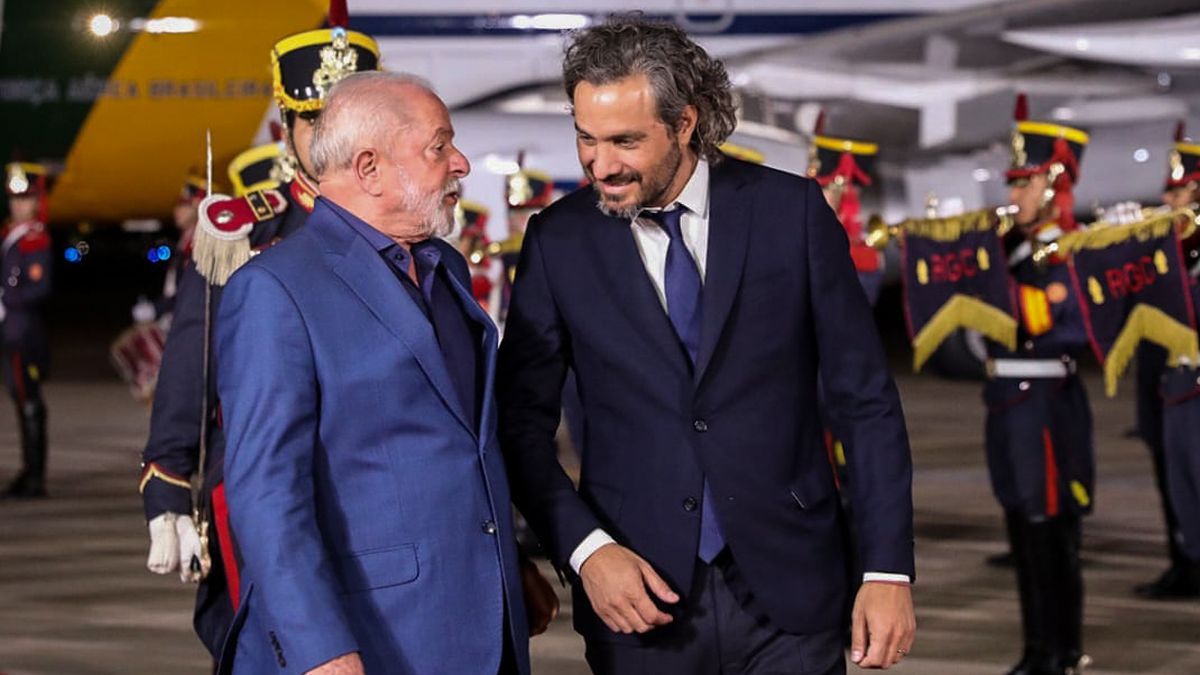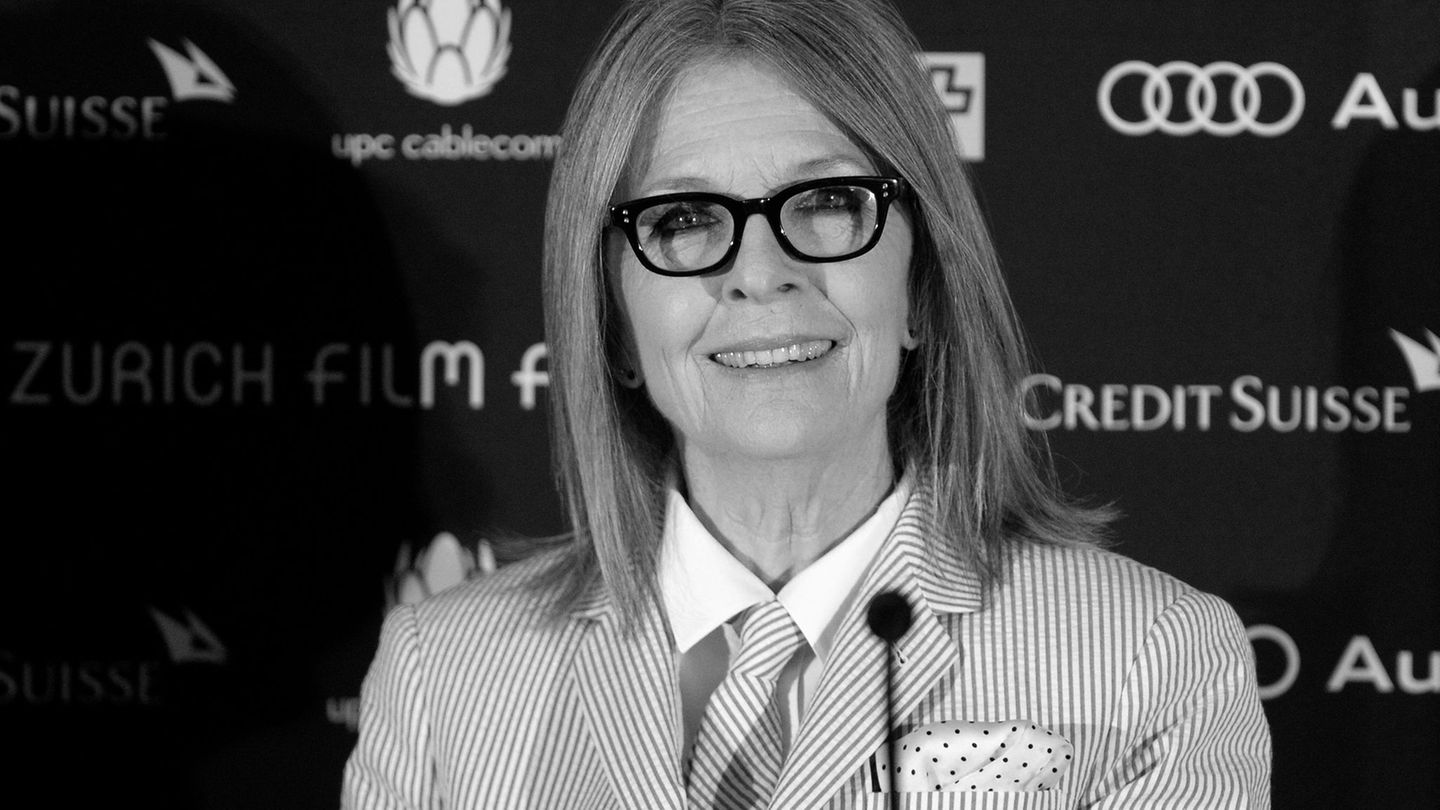This Tuesday Cafiero will travel to Brussels, where he will hold meetings with various officials of the European bureaucracy. Among them, the meeting with Borrel, in charge of the bloc’s foreign policy, stands out. An important fact is that President Alberto Fernández is in charge of the pro tempore presidency of Mercosur and it was proposed as one of the objectives of the semester to resume the dialogue for the trade agreement.
Government sources anticipated Ámbito that during the tour “the status of the pact will be reviewed Mercosur-European Union and progress will be made on the issues pending resolution”. On this point, in the Foreign Ministry they clarified that it is necessary to “identify a strategy that allows progress in a balanced agreement that implies benefits for both blocksin an international context of growing uncertainty and reconfiguration of value chains”.
The main difficulty they encounter Argentina, Brazil, Paraguay and Uruguay currently is the Green Pact. The treaty in question has ambitious objectives in environmental matters but would leave almost all areas of local production unable to access the European market. While the industrialists of the Old Continent would have a free hand to enter their manufactures into Mercosur. So instead of reducing the asymmetries would accelerate.
In any case, it is no less true that the international trade scenario has changed in the last four years and that this reconfiguration opens new doors. In the Government they consider that there are opportunities to transform the countries that make up Mercosur into “reliable suppliers of food, energy and strategic minerals”.
In the Casa Rosada they trust that the change of political sign in Brazil can collaborate when it comes to resuming the dialogue for the trade agreement. To summarize: Bolsonaro was a climate change denier and Lula had as one of his first measures the replenishment of funds for the protection of the Amazon.
Without going any further, on his first visit to Uruguay, the Brazilian president remarked to his peer, Luis Lacalle Pou, that it has been forcing a “flexibility” of Mercosur, that before thinking about advancing in a free trade agreement with China, the bloc must put into operation the truncated pact with the European Union.
Agreements between Argentina and Germany
This weekend the German Chancellor Olaf Scholz visited Argentina within the framework of a tour of the region that will also include a visit to Chile and Brazil. On Saturday he had a bilateral meeting with President Alberto Fernández in which he also highlighted the need to promote commercial understanding between the blocs: “We want to implement the agreement between Mercosur and the European Union. That would serve Latin America and Europe. It will make it possible to draw an axis that promotes multilateralism in a world that once again tends to become bipolar”, said the president.
After that summit, an extended meeting was held in which Cafiero also participated; the Secretary of Economic Programming, gabriel rubinstein; and the Secretary of Energy, Flavia Royon, among others. There, three bilateral agreements were signed that the government characterized as “important in strengthening relations between the two countries and deepening cooperation.”
It is, first of all, an instrument through which the German government undertakes to finance the exports necessary to make the market viable. Chihuido Hydroelectric Project for some US$2.230 million. The sources consulted emphasize that “the work will increase the existing energy capacity, prevent the risk of flooding in the Patagonian Region, and ensure the water supply for the population, industry, and irrigation.”
This series of agreements also contemplates a Memorandum of Understanding to “strengthen the dialogue on the transition towards a clean energy system and the implementation of the Paris Agreement on Climate Change.” In this sense, “key areas” are defined, such as green hydrogen, technology transfer and development of local renewable energy industries, along with “the exploration of financing options and guarantees for the implementation of the energy transition”.
Lastly, a Letter of Intent was signed to strengthen cooperation in the knowledge economy. Specifically, German Accelerator, which is the main German accelerator, confirmed that it will set up offices in Buenos Aires and make its capabilities available to the Argentine entrepreneurial and scientific ecosystem.
Source: Ambito




